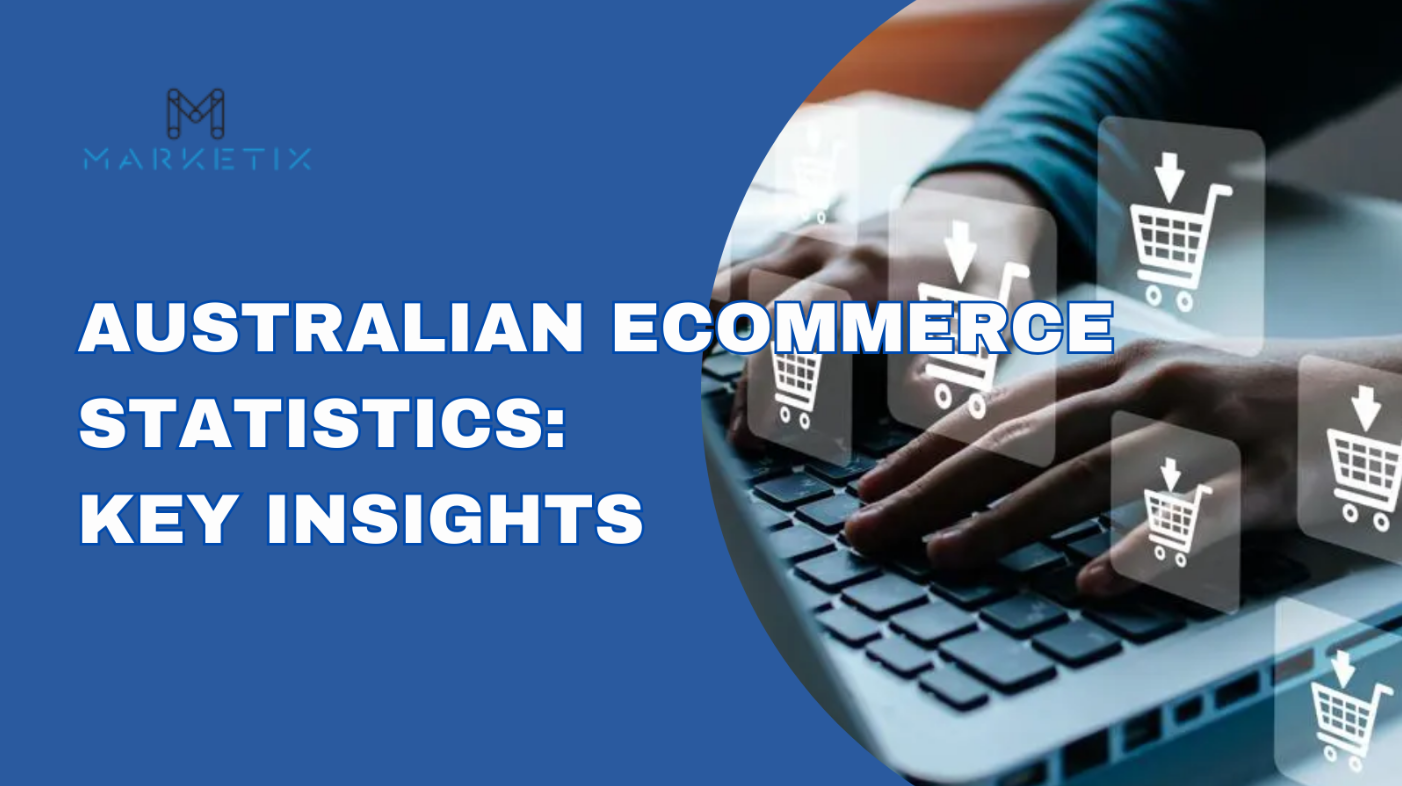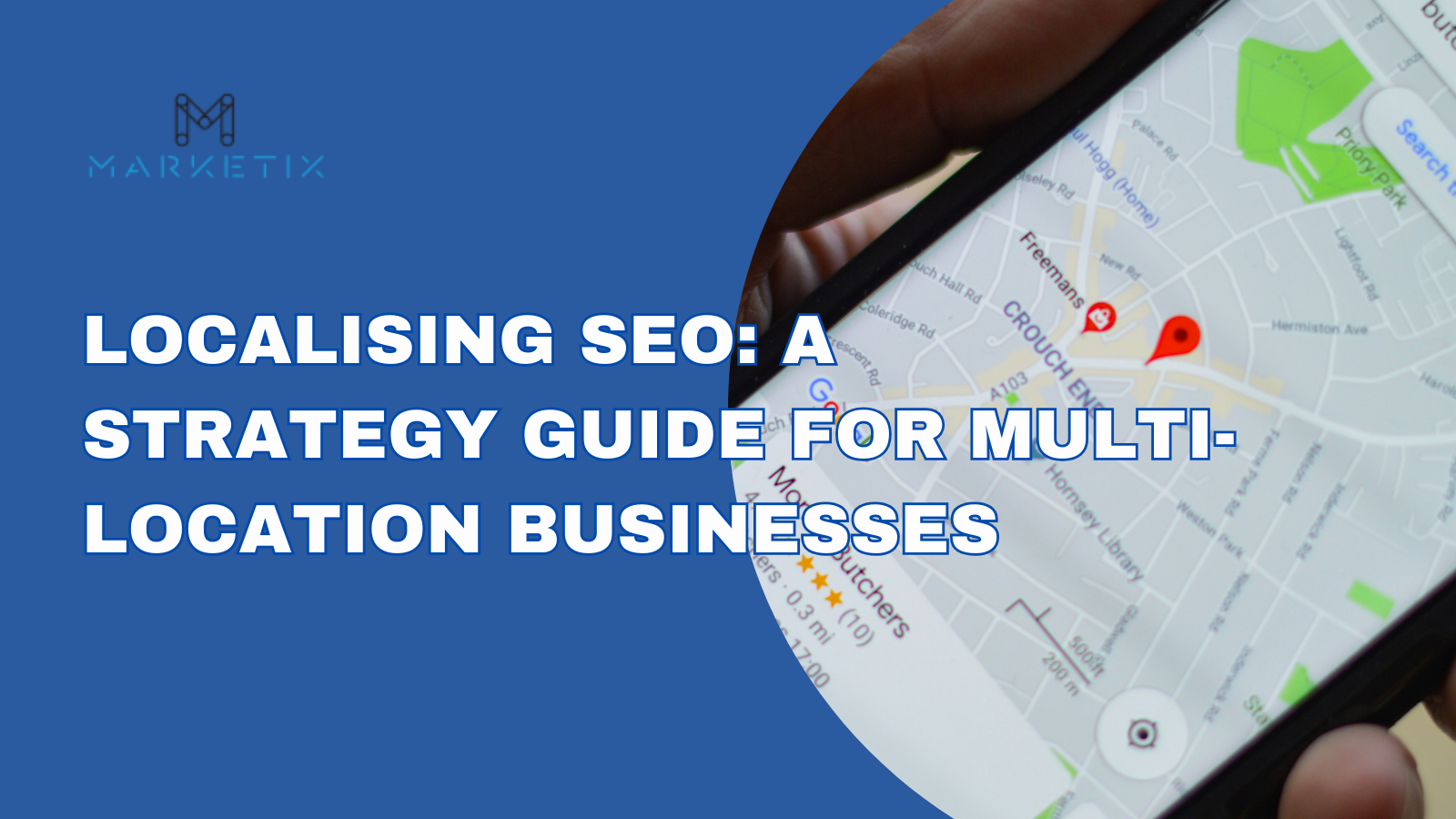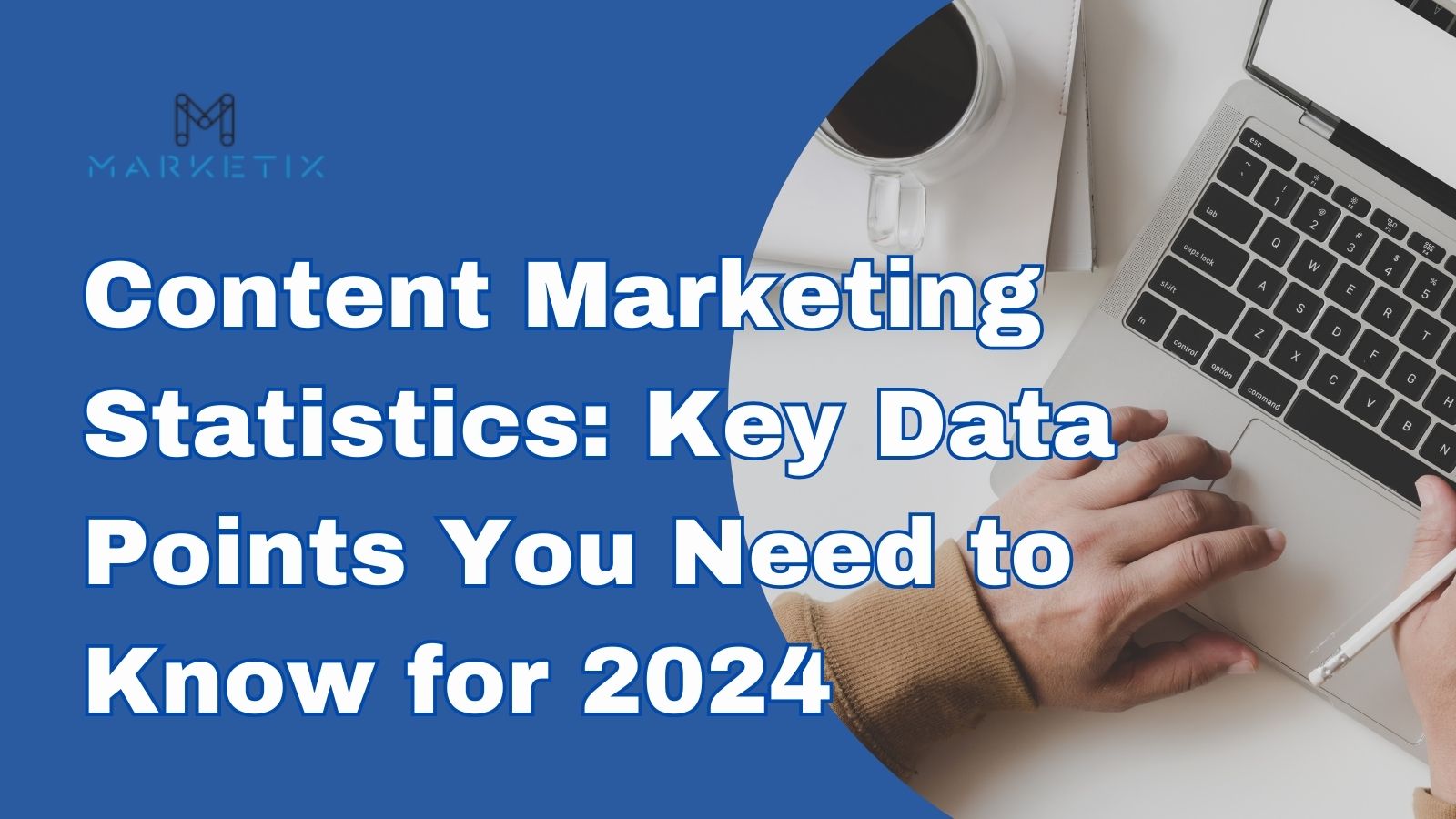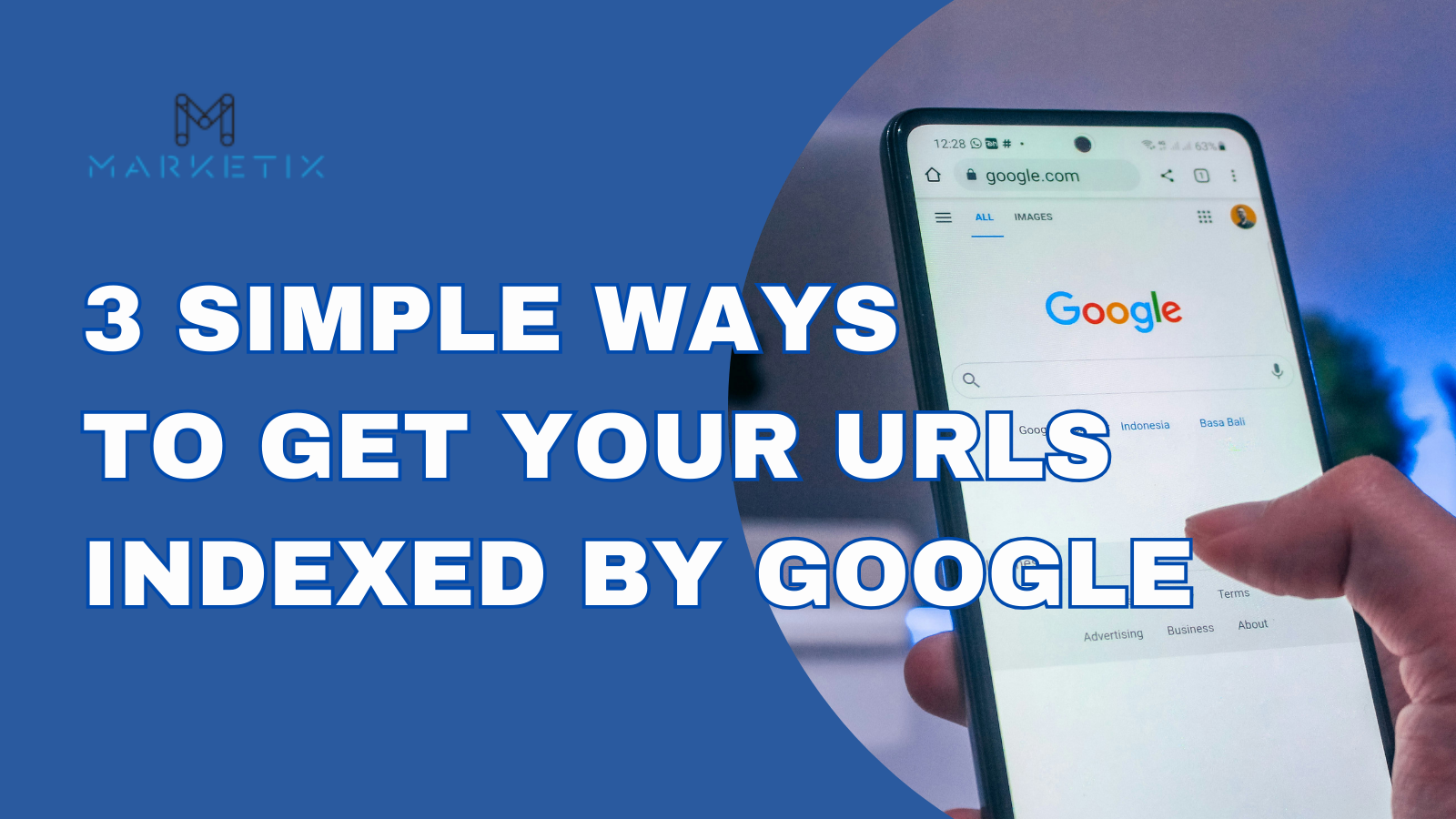- Home
- > The Marketix Blog
- > SEO
What Are Backlinks in SEO?
Backlinks are an important element of SEO that can significantly impact your website's ranking and visibility.
With over a decade of experience in SEO, we have seen firsthand the power of effective backlink strategies. Building backlinks is a core part of our daily operations, and our case studies showcase clients who have achieved remarkable results through strategic backlinking.
This guide will help you understand what backlinks are, why they are important, and if they still work in 2024.
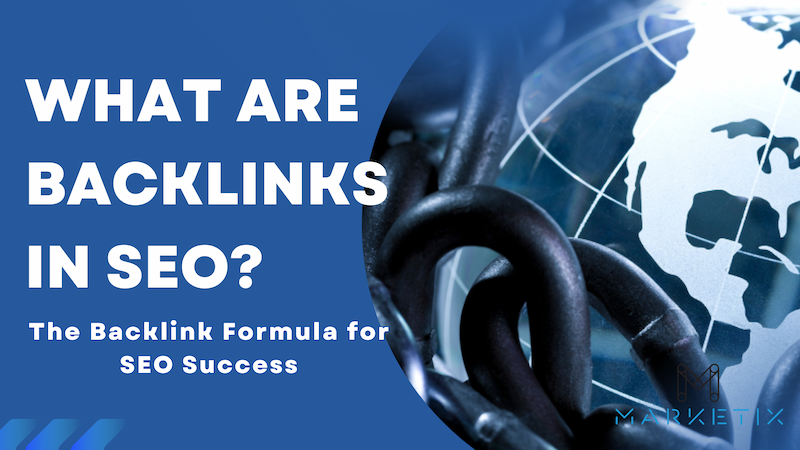
Why Are Backlinks Important for SEO?
Backlinks serve as endorsements from other websites, signalling to search engines that your content is valuable and trustworthy.
Google's algorithm, which considers over 200 factors for ranking websites, places significant weight on backlinks. Pages with a higher number of backlinks tend to rank higher in search engine results.
According to a study by Backlinko, the number one result on Google has an average of 3.8 times more backlinks than those in positions two to ten. This demonstrates the strong correlation between backlinks and higher rankings.
Furthermore, backlinks help search engines discover new pages. When a reputable site links to your content, it increases the likelihood of your site being crawled and indexed by search engines. This can lead to improved visibility and ranking.
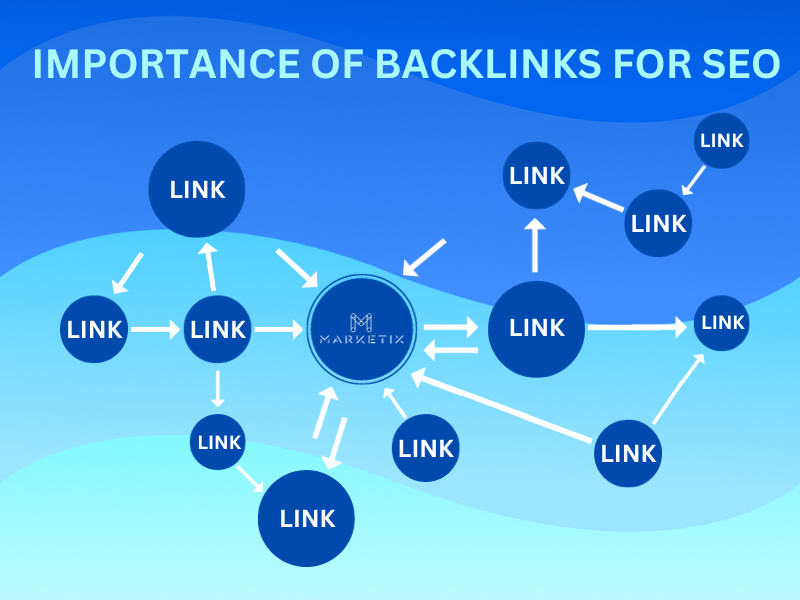
Without a solid backlink profile, achieving high search engine rankings becomes significantly more challenging, highlighting the integral role backlinks play in the overall SEO strategy.
Benefits of Backlinks
Backlinks are important for SEO due to several key benefits:
Improved Search Engine Rankings
Backlinks are one of the top-ranking factors for search engines like Google. They serve as votes of confidence from other websites, signalling to search engines that your content is valuable and credible.
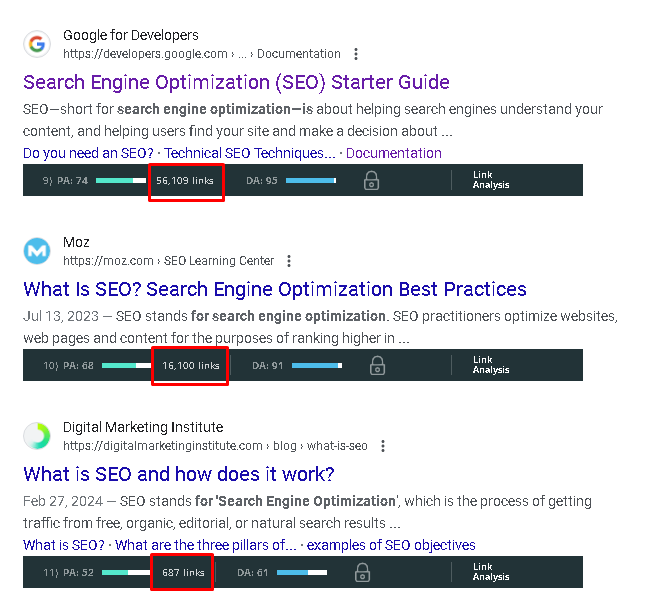
The more high-quality backlinks you have, the higher your site is likely to rank in search engine results pages (SERPs).
Increased Organic Traffic
Higher rankings lead to more visibility and, consequently, increased organic traffic.
Did you know? Approximately 91% of all pages never get any organic traffic from Google, mainly due to the lack of backlinks.
Pages with numerous backlinks tend to rank higher and attract more visitors.
Faster Indexing
Many websites face issues with indexing, where their pages do not appear in search engine results at all.
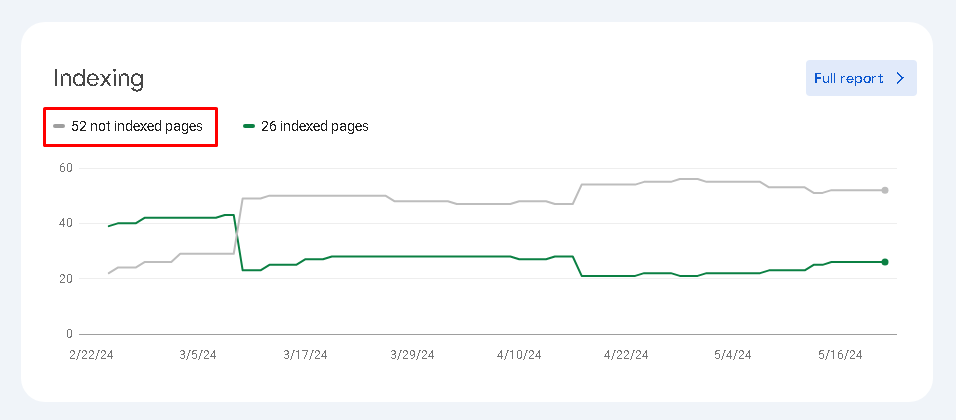
If you are trying to rank that particular page, this can be a significant problem as it prevents users from finding your content through search engines like Google.
Effective backlinking could be an effective way to resolve such issues.
Search engine bots, also known as crawlers or spiders, explore the web by following links from one page to another. When a high-authority site links to your website, it acts as a pathway for these bots to discover your content.
To illustrate, imagine you have a newly created page on your website about a specific topic. Without any backlinks, search engine bots might take a long time to discover this page, if at all. However, if an authoritative site in your niche links to your new page, bots following that link will quickly find and index your content, significantly reducing the time it takes for your page to appear in search results, and allowing users to find your information sooner.
Enhanced Credibility and Authority
Backlinks from reputable websites increase your site's credibility and authority. When respected sites link to your content, it indicates that your site is a trusted source of information.
Here is a screenshot showing that more backlinks lead to higher domain authority:

Not only it can improve your brand's reputation but also makes your site more appealing to both users and search engines.
Referral Traffic
Backlinks can drive significant referral traffic to your site. When a user clicks on a link from another website that leads to your page, it counts as referral traffic.
For instance, a backlink from Forbes, which receives billions of visits monthly, can bring a substantial and highly relevant audience to your site.
It will not only increase your traffic but also enhance the potential for conversions and engagement.
Competitive Edge
A strong backlink profile can give you a competitive edge over other websites in your niche.
If your competitors have fewer high-quality backlinks, you are more likely to outrank them in search results. Monitoring and analysing competitors' backlinks can also provide insights into new link-building opportunities.
Improved Relationships with Other Websites
Building backlinks often requires outreach to website owners, bloggers, and influencers.
Establishing these connections can lead to guest posting opportunities, where you can share your expertise on other platforms and attract new audiences. Collaborations with industry influencers can enhance your brand's credibility and reach.
Additionally, these relationships increase your exposure within your industry, positioning your site as a trusted resource and potentially opening doors to further partnerships and promotional opportunities.
Long-term SEO Strategy
Backlinks contribute to a sustainable, long-term SEO strategy. While some SEO tactics may provide short-term gains, backlinks continue to offer value over time. High-quality backlinks remain relevant and beneficial as long as the linked content stays useful and the linking site maintains its authority.
Do Backlinks Still Matter in 2024?
Is It still worth it to build backlinks?
Backlinks remain a key factor in SEO despite Google's emphasis on quality content.
Google has consistently highlighted the importance of creating valuable and relevant content for users. However, backlinks continue to play a significant role in determining a page's authority and ranking potential.
Most top-ranking pages on Google still have a substantial number of backlinks, indicating their ongoing importance.
While Google states that backlinks now are not among the top three ranking factors, real-world data suggests otherwise.
The competitive nature of SEO means that quality content alone is often insufficient for top rankings. Many websites deliver excellent content, yet they are outperformed by sites with stronger backlink profiles. Backlinks provide an edge by boosting a site's authority and visibility. Therefore, despite Google's guidance, backlinks remain a vital component of any effective SEO strategy.
Without a solid backlink profile, even the best content may struggle to achieve high rankings.
All Types of Backlinks
- Natural Editorial Links: Natural editorial links are earned without direct effort to secure them. They occur when other websites find your content valuable and link to it naturally. Google and other search engines preferred these links.
- Manual Outreach Links: Manual outreach links result from actively contacting other website owners to request backlinks. This involves reaching out with personalised emails, highlighting the value of your content, and suggesting link placements. In some cases, offering payment can secure a backlink placement, although this practice should be approached with caution to avoid potential penalties from search engines.
- Self-Created Links: Self-created links are manually added by the website owner on forums, blog comments, or online directories. While easy to obtain, they often carry less SEO weight and can sometimes be considered spammy if overused.
- Guest Post Links: Guest post links are acquired by contributing articles to other websites. Basically, you create high-quality content for another site in exchange for a backlink. However, it is not an easy task, you need to understand each prospect's website and make sure you provide very valuable content to be able for them to consider posting it on their website.
- Niche Directory Links: Niche directory links come from specialised directories relevant to your industry. Listing your site in these directories can improve visibility and attract targeted traffic.
- Editorial Links from Press Releases: Editorial links from press releases are obtained by distributing newsworthy content to media outlets. When journalists and bloggers pick up the story, they link back to your site, providing valuable backlinks and exposure.
- Resource Page Links: Resource page links are found on web pages that curate useful links on specific topics. Reaching out to site owners to include your content on their resource pages can generate high-quality backlinks.
- Social Media Links: Social media links come from platforms like Facebook, Twitter, and LinkedIn. Although they are typically nofollow, they can drive traffic and increase content visibility, indirectly supporting SEO efforts.
- Forum and Blog Comment Links: Forum and blog comment links are placed within relevant discussions on forums and blogs. These links should be used sparingly and contextually to avoid being flagged as spam.
- Internal Links: Internal links connect different pages within your own website. They help search engines understand the site’s structure and distribute page authority, improving overall SEO performance.
- Profile Links: Profile links are created by adding your website URL to user profiles on various platforms, such as forums and social media sites. These links can enhance visibility and provide minor SEO benefits.
- Web 2.0 Links: Web 2.0 links are generated by creating content on Web 2.0 platforms like WordPress, Blogger, and Tumblr. These platforms allow users to publish content and include backlinks to their own websites.
- PBN (Private Blog Network) Links: PBN links come from a network of privately owned blogs. While they can boost rankings quickly, they are risky and against Google's guidelines. The use of PBNs can result in severe penalties if detected.
- Infographic Links: Infographic links are earned by creating and sharing informative infographics. When other websites use your infographic, they typically provide a backlink, acknowledging the source.
- Scholarship Links: Scholarship links are obtained by offering scholarships to students and getting universities and educational institutions to link back to your scholarship page. This can build high-authority backlinks from .edu domains.
- Podcast and Interview Links: Podcast and interview links come from participating in podcasts or interviews. Hosts often provide backlinks to your site in show notes or blog posts, increasing visibility and authority.
- Broken Link Building: Broken link building involves finding broken links on other websites and suggesting your content as a replacement. This helps site owners fix broken links while providing you with a new backlink.
- Commentary and Opinion Links: Commentary and opinion links are gained by offering expert commentary or opinions on industry-related topics. Media outlets and blogs often link back to your site when citing your expertise.
- Review and Testimonial Links: Review and testimonial links are created when you write reviews or testimonials for products or services. Companies often link back to your website as a thank you for your feedback.
- Sponsorship and Partnership Links: Sponsorship and partnership links are earned by sponsoring events, organisations, or content. These partnerships usually include a backlink as part of the sponsorship agreement, enhancing credibility and SEO.
Nofollow vs Dofollow Links
Nofollow links have a rel="nofollow" attribute in their HTML code. This tells search engines not to pass on link equity or "link juice." Most nofollow backlinks are found in comment sections and social media platforms. They do not directly impact search engine rankings but can drive traffic and increase visibility.
Dofollow links, on the other hand, pass on link equity. Search engines recognise these links as votes of confidence. When high-authority sites link to your content, it boosts your site's credibility and improves ranking potential.
While nofollow links do not contribute directly to SEO, they can still be valuable. They enhance link diversity, which is important for a natural backlink profile.
Dofollow links are essential for improving SEO. Quality do-follow links from reputable sites are highly sought after in any backlink strategy.
Best Practice: A healthy backlink profile includes a mix of nofollow and dofollow links.
How Long Do Backlinks Take to Work?
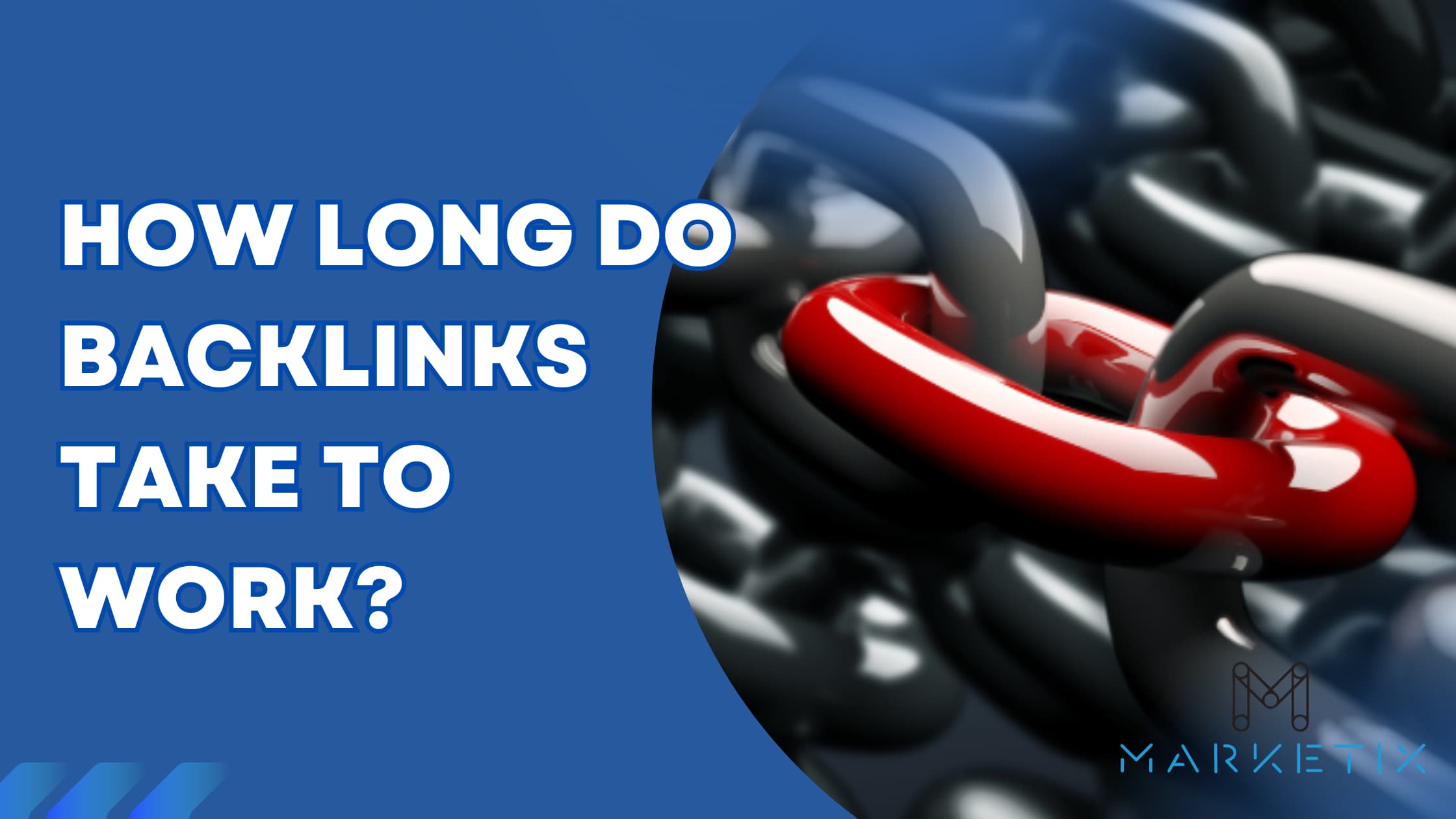
The impact of backlinks on search rankings can vary significantly. Some backlinks start showing effects within a few weeks, while others may take several months.
Factors influencing this include the authority of the linking site, the relevance of the content, and the current standing of your website. High-quality backlinks from reputable sites can expedite the process, offering quicker SEO benefits.
If you want a more detailed analysis, we have a separate article discussing how long backlinks take to work in detail.
Important Notes:
Not All Backlinks Are Created Equal
Obtaining backlinks from reputable websites is challenging. High Domain Authority sites charge a premium for backlinks due to their power.
A single backlink from a major site can outweigh multiple backlinks from lesser domains. Quality over quantity is crucial in backlinking strategies.
Low-Quality or Spammy Backlinks Can Harm Your Site's SEO Efforts
Low-quality or spammy backlinks can negatively impact your site's SEO. Search engines penalise sites with unnatural or manipulative link profiles. Ensure backlinks come from reputable and relevant sources to maintain SEO integrity.
Link Diversity Matters
A diverse backlink profile signals natural and organic growth to search engines. Varying your backlink sources and types strengthens your site's credibility. Avoid relying too heavily on a single type of backlink.
There is a Way to Protect Your Website from Spammy Backlinks
Use tools like Google’s Disavow Tool to protect your site from harmful backlinks. Regularly audit your backlink profile to identify and disavow spammy links. This helps maintain a healthy SEO standing.
Internal Linking is Also Important for SEO
Internal linking connects your website’s pages, helping search engines understand its structure. It improves user navigation and distributes page authority throughout your site. Prioritise internal links alongside external backlinks.
We at Marketix Digital, often experience poor internal link building structure from our clients. Internal links are often overlooked, but in reality, they play a huge role when it comes to telling Google's algorithms which page we are trying to rank for a certain keyword or topic.
Be Careful of Businesses or Individuals That Sell Backlinks
Purchasing backlinks can be risky and is against Google’s guidelines. Sellers may provide low-quality or spammy links that harm your SEO.
Most backlinks from sellers come from websites that are created mainly to sell links. Some companies encourage this website farm owners to sign up to their platform so they can offer it to their customers.
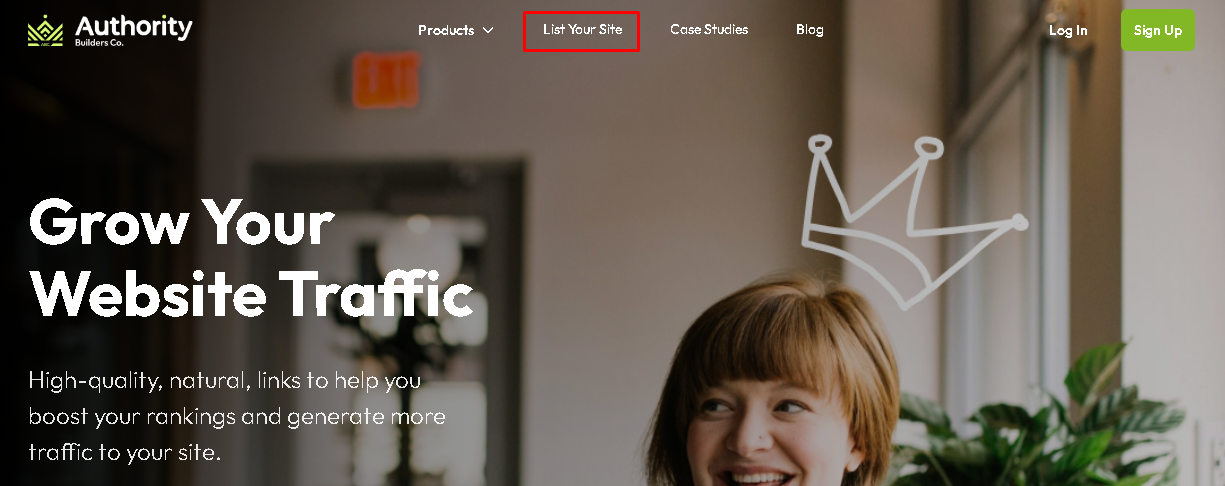
Always prioritise organic and ethical link-building practices to make sure long-term success.
Marketix Digital Link Building Service
As the #1 SEO agency in Sydney, we specialise in strategic backlink acquisition that aligns with best practices. With over a decade of experience, we have helped thousands of clients achieve significant SEO success through tailored link-building campaigns.
Contact Marketix Digital today to learn how our link-building services can drive meaningful results for your business. Let our expertise guide you to better search engine performance and increased organic traffic.
Recent Posts
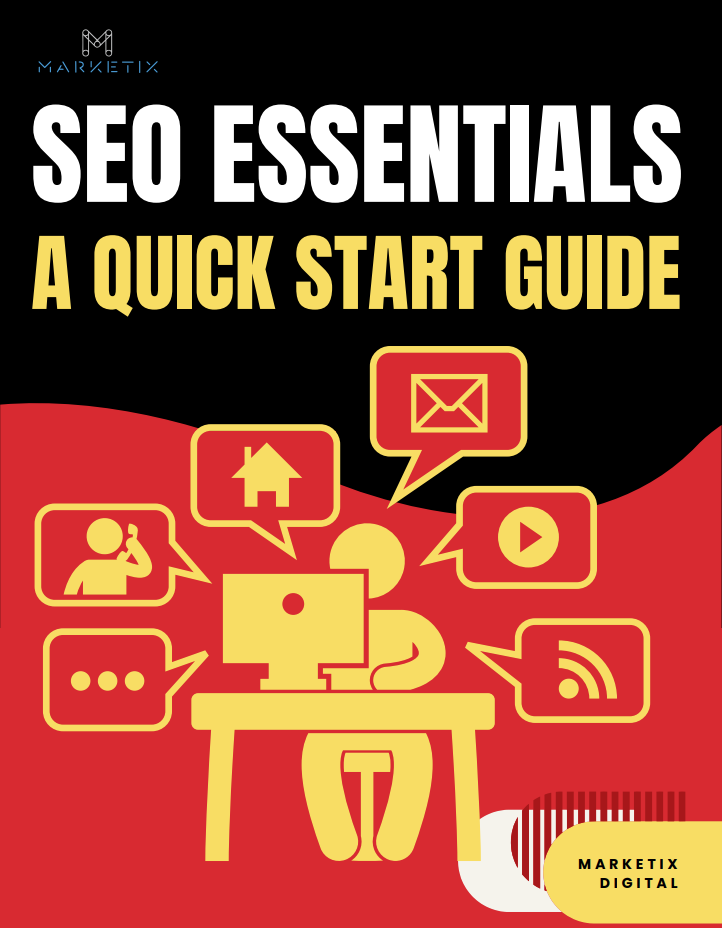
Free Download SEO Book
Download our 24-page SEO book to learn:
- How SEO Really Works
- How to Rank #1
- Content & SEO
- Choosing an SEO Agency
Thank you!
You have successfully joined our subscriber list.
Recent Posts

